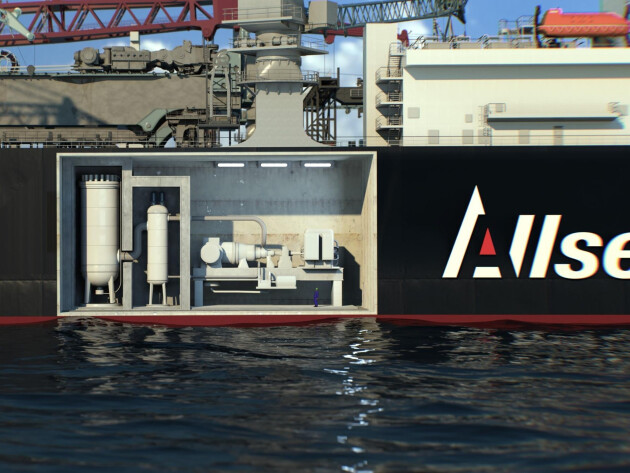
Ship recycling
Global regulations are needed to recycle ships in a way that is responsible for people and the environment. The KVNR calls for the Hong Kong International Convention to prevail over all other international regulations and for regional regulations on ship recycling to be reviewed and repealed.
Why is this important?
Ship recycling is a circular process: nearly every part of a ship is reused. In some countries, however, the methods of recycling fall short. Thus raising concerns about worker safety and environmental protection. This has led to the development of regulations that aim to ensure ship recycling is conducted in a way that is both socially and environmentally responsible.
For example, the European Ship Recycling Regulation A regulation is binding legislation issued by a government authority, such as the European Union. It applies directly to all member states and has the force of law without national governments having to transpose it into their own legislation first. , which came into force in 2013, is a region-specific regulation designed to promote safe and environmentally friendly ship recycling. Under this regulation, EU-flagged ships can only be recycled at ship recycling facilities within the EU that have been approved by an EU member state. Outside the EU, they must be recycled at facilities that are listed on the European Commission's approved ship recycling facilities list.
Additionally, the Basel Convention affects ship recycling by regulating the cross-border movement of hazardous waste and its disposal, which also applies to ship recycling facilities.
Unfortunately, both the European Ship Recycling Regulation and the Basel Convention are regional in scope and apply only within the agreed upon regions. However, people, planet and the industry would benefit more from global agreements. One such agreement is the Hong Kong International Convention, adopted in 2009, which closely aligns with the European Ship Recycling Regulation but is globally applicable. This convention sets requirements for ship recycling facilities and shipowners worldwide and is set to enter into force on June 26, 2025.
It is crucial, however, that international regulations do not conflict with regional laws as they come into force.
How should we solve it?
The KVNR believes that the Hong Kong Convention is the key instrument for properly and effectively regulating ship recycling on a global scale. Since it applies worldwide, the convention ensures a level playing field and eliminates opportunities to bypass regulations.
The KVNR also maintains the position that the Hong Kong Convention should take precedence over all other international regulations related to ship recycling, such as the Basel Convention. No room should be allowed for any legal uncertainty.
While the IMO The IMO (International Maritime Organization) is a UN agency established in 1948, responsible for promoting maritime safety, security, and environmental protection by setting global standards for shipping practices and regulations. issued a circular in October 2024 (HKSRC.2/Circ.1) providing some clarification, it still does not fully ensure that a ship slated for recycling in compliance with the Hong Kong Convention—and possessing an international ‘ready for recycling’ certificate—will not face issues due to the Basel Convention.
The KVNR, therefore, urges the Basel Convention Secretariat to issue a written declaration as soon as possible, and no later than June 26, 2025, stating that the Basel Convention's provisions do not apply to transboundary movements governed by the Hong Kong Convention.
In essence, the KVNR advocates for the Hong Kong Convention to take precedence over the Basel Convention in matters of ship recycling.

State of Affairs - November 1, 2024
On June 30, 2023, Bangladesh became the final key member state to sign the Hong Kong Convention. However, the convention did not enter into force immediately, as it only takes effect 24 months after specific conditions are met: it must cover 40% of the world fleet and 3% of global ship recycling capacity.
In October 2024, the IMO issued a circular providing clarification. Despite this clarification, uncertainty persists. There is still no assurance that ships recycled in accordance with the Hong Kong Convention will not conflict with the Basel Convention, which governs cross-border waste shipments.
Expert & press contact




